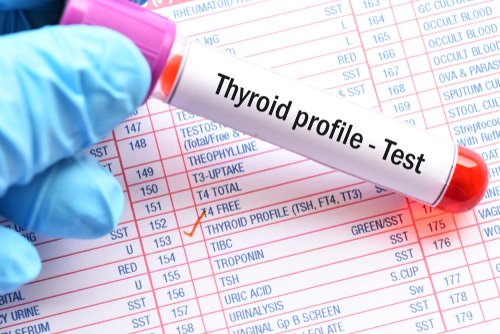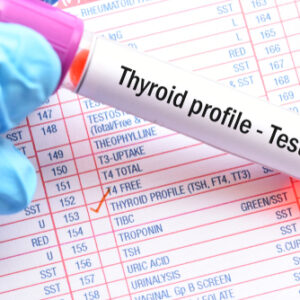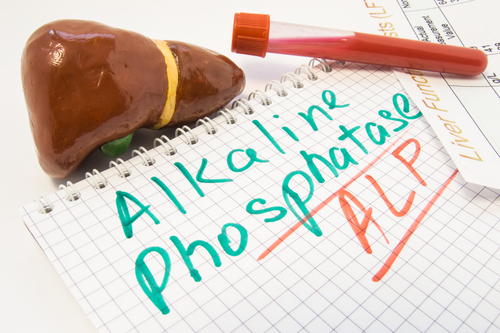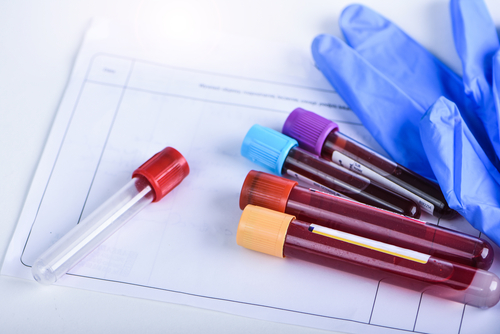What is HDL Cholesterol?
HDL picks up excess cholesterol in your blood and takes it back to your liver where it’s broken down and removed from your body. Higher levels of HDL cholesterol are associated with a lower risk of heart disease. HDL is tested as a part of the lipid panel.
What should be normal HDL ranges in the blood?
| Low Level, Increased Risk | Average Level, Average Risk | High Level, Less than Average Risk | |
| Women | Less than 50 mg/dL (1.3 mmol/L) | 50-59 mg/dL (1.3-1.5 mmol/L) | 60 mg/dL (1.55 mmol/L) or higher |
| Men | Less than 40 mg/dL (1.0 mmol/L) | 40-50 mg/dL (1.0-1.3 mmol/L) | L60 mg/dL (1.55 mmol/L) or higher |
Major risk factors causing low HDL levels
Some of the major risk factors that cause HDL levels to lower in the body include:
- Obesity
- Sedentary lifestyle
- Type 2 diabetes (Insulin resistance also leads to characteristic changes in the pattern of fats)
- Inflammation
- Smoking
- Excess alcohol consumption
- Some hormonal medications like testosterone, progestins found in the oral contraceptive pills, etc.
- Diabetes can also lower HDL levels
- Genetic conditions like Tangier disease. This is a very rare condition which causes no or very low levels of HDL cholesterol. LDL cholesterol levels are also usually low. A fault in a gene affects the transport of cholesterol.
- Familial combined hyperlipidaemia (FCH). FCH is a fairly common condition believed to affect around 1 in every 100 people in the UK. It is similar to diabetes and insulin resistance in that it usually causes high triglycerides and low HDL cholesterol, and much higher LDL cholesterol.
What causes very high HDL cholesterol?
Diet
Eating a diet high in saturated fats and drinking too much alcohol can contribute to a higher level of HDL.
Your genes
Your doctor could ask you questions about your family to understand if your high HDL could be inherited.
Menopause
Research has suggested that the changes in hormones that happen during the menopause can affect the way HDL works in the body, and HDL loses some of its protective effects in some women.
Hypothyroidism
People who have an under-active thyroid may have high levels of HDL cholesterol.
Infections and inflammation
Recent research has suggested that HDL cholesterol changes in some situations, such as acute infection (infection which starts suddenly) and chronic (long term) conditions linked to inflammation, such as rheumatoid arthritis. More research is needed to fully understand why.
Other research suggests that high HDL cholesterol may be harmful if you are having dialysis for kidney disease, as it may make inflammation and tissue damage worse.
Why is low HDL bad for me?
The higher your level of HDL, the better since it helps get rid of LDL cholesterol. And this means that your arteries will be less likely to become clogged with harmful plaque buildup over time. The lower your level of HDL, the higher your risk of clogged arteries. Heart experts suggest aiming for an HDL cholesterol level of 60 mg/dL or higher. This level is believed to offer protection against heart disease. You may be at higher risk of developing heart disease if you have a low level of HDL cholesterol (less than 40 mg/dL for men and 50 mg/dL for women). Most people have an HDL level that falls somewhere in the middle, between 50 and 60 mg/dL.
Can a high HDL be bad?
Over 2.3mmol/L, HDL may behave more like LDL cholesterol (or ‘bad cholesterol’) and raise the risk of disease, according to current research. This is especially important for women leading up to after the menopause. Though less likely, very high levels of HDL have been reported to speed up the process of atherosclerosis, where the arteries become clogged up with fat, suggesting that at very high levels HDL doesn’t do its normal job of clearing fat from the arteries.
What can I Do if my HDL Cholesterol Level Is Low?
Eat a healthy diet
To raise your HDL level, you need to eat good fats instead of bad fats. This means limiting saturated fats, which include full-fat milk and cheese, high-fat meats like sausage and bacon, and foods made with butter, lard, and shortening. You should also avoid trans fats, which may be in some margarines, fried foods, and processed foods like baked goods. Instead, eat unsaturated fats, which are found in avocado, vegetable oils like olive oil, and nuts. Limit carbohydrates, especially sugar. Also try to eat more foods naturally high in fiber, such as oatmeal and beans, legumes, whole grains, fruits with a lot of fiber, such as prunes, apples, and pears.
Stay at a healthy weight
You can boost your HDL level by losing weight, especially if you have lots of fat around your waist.
Exercise
Getting regular exercise can raise your HDL level, as well as lower your LDL. You should try to do 30 minutes of moderate to vigorous aerobic exercise on most, if not all, days.
Avoid cigarettes
Smoking and exposure to secondhand smoke can lower your HDL level. If you are a smoker, ask your health care provider for help in finding the best way for you to quit. You should also try to avoid secondhand smoke.
Limit alcohol
Moderate alcohol may lower your HDL level, although more studies are needed to confirm that. What we do know is that too much alcohol can make you gain weight, and that lowers your HDL level.







